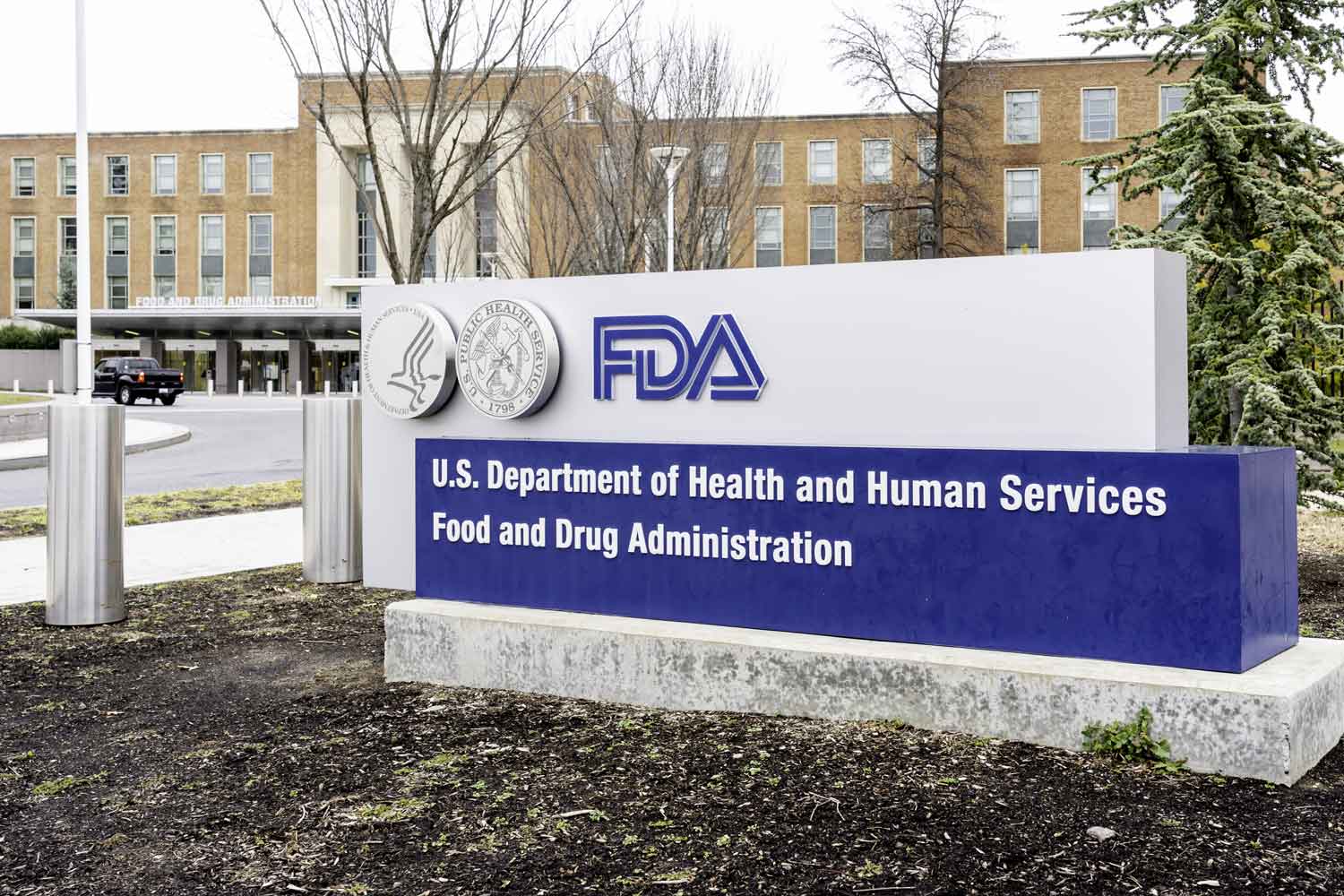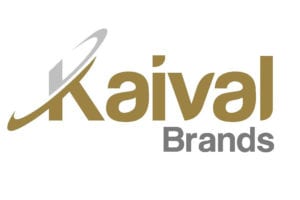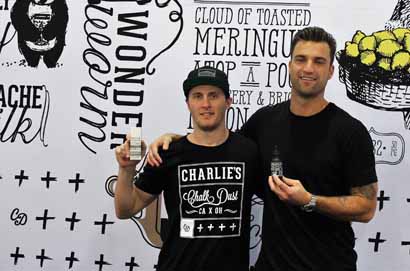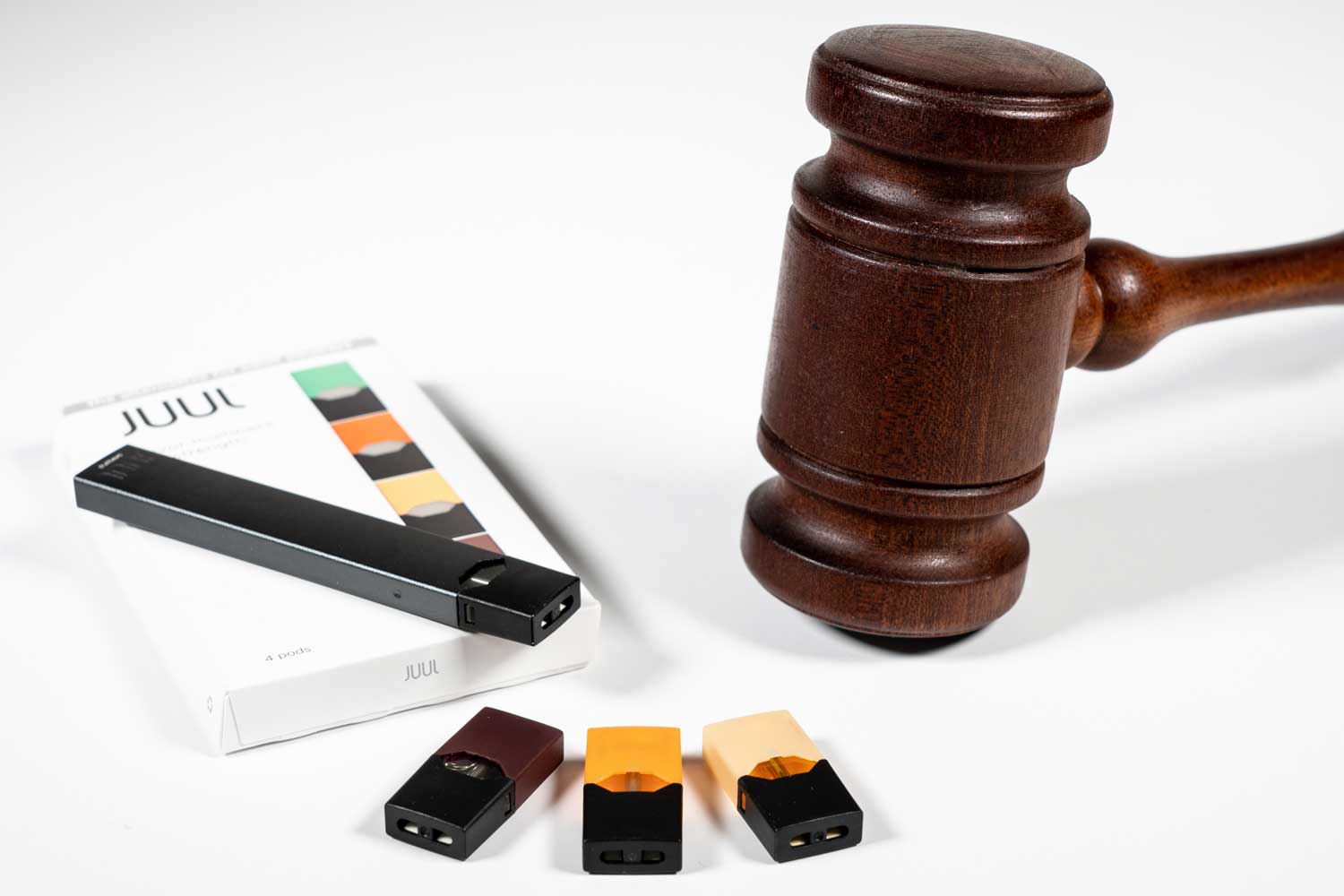The U.S. Food and Drug Administration has issued two final rules for the premarket review of new tobacco products. These foundational rules provide additional information on the requirements for the content, format and review of premarket tobacco product applications (PMTAs) and substantial equivalence (SE) reports—two of the most commonly used pathways through which a manufacturer can seek marketing authorization for a new tobacco product from the FDA.
According to the agency, the finalization of these rules helps ensure that all future submissions contain the basic information needed to determine whether the new tobacco products meet the relevant premarket requirements to efficiently and effectively implement the Family Smoking Prevention and Tobacco Control Act. It also formalizes the general procedures the FDA follows when evaluating PMTAs, including application acceptance, application filing and inspections.
It also outlines, among other things, requirements for submitting application amendments, the time for review, withdrawal of applications, postmarket reporting requirements for applicants that receive marketing granted orders, the FDA’s communications with an applicant and the FDA’s disclosure procedures and electronic submission requirements. It also allows for a supplemental PMTA as opposed to a new submission in cases such as authorization for a modified version of a tobacco product for which they have already received a PMTA marketing granted order.
“These final rules are important components of the FDA’s comprehensive approach to tobacco product regulation, which includes premarket application review, science-based use of the product standard authority and prioritized compliance and enforcement actions,” said acting FDA Commissioner Janet Woodcock, in a statement. “The FDA is committed to protecting Americans from tobacco-related disease and death by ensuring that new tobacco products undergo appropriate regulatory review to determine if they meet the public health standards set by law. If new tobacco products do not meet the standards for these pathways, they cannot be marketed or sold in the United States.”
“Conducting review of new tobacco products before they can be legally marketed is a critical responsibility of the FDA,” said Mitch Zeller, director of the FDA’s Center for Tobacco Products. “These final rules will provide greater clarity and efficiency in review of new tobacco products by describing information that any company must provide if they seek to market a new tobacco product in this country.”
On Jan. 19, 2021, the PMTA and SE final rules were displayed in the Federal Register but did not publish. On Jan. 20, 2021, a memo from the White House Chief of Staff ordered the withdrawal of any rules that did not publish in the Federal Register by noon on that day. Therefore, these final rules were withdrawn at that time. The rules displaying today reflect clarifying changes made from the previous versions, but no significant substantive changes. Both final rules will publish on Oct. 5 and are effective Nov. 4. Beginning on the effective date, applications submitted through these pathways must meet the requirements described in these final rules.











 Bidi Vapor will continue to manufacture and market its Artic (menthol) Bidi Stick in the United States despite receiving a marketing denial order (MDO) for the product, according to a
Bidi Vapor will continue to manufacture and market its Artic (menthol) Bidi Stick in the United States despite receiving a marketing denial order (MDO) for the product, according to a 




